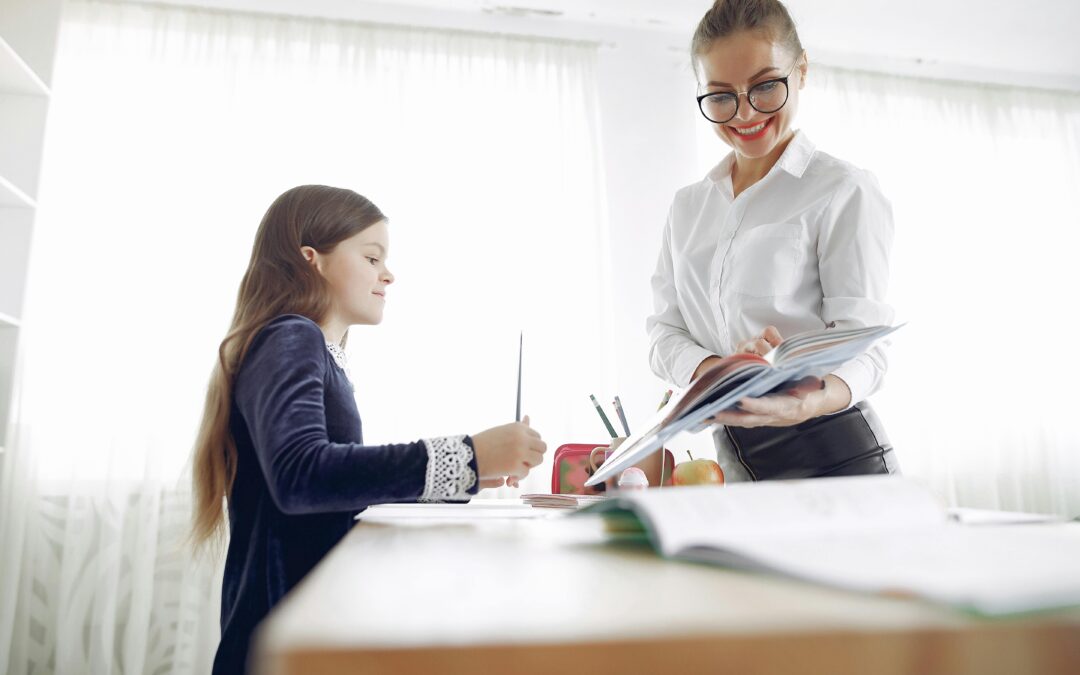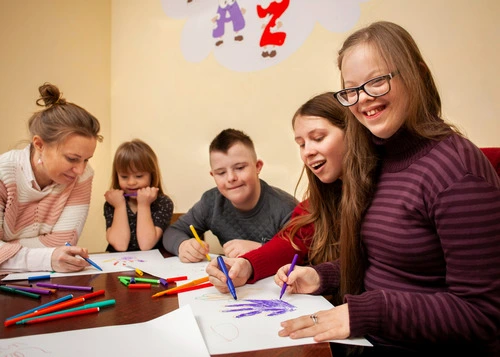*The following information is provided as a general resource on special education law for parents and guardians. This content is for informational purposes only and should not be considered legal advice. Every situation is unique, and specific legal guidance should be obtained for your individual circumstances.*
Understanding Your Child’s Rights
What is FAPE, and why is it important for my child?
FAPE (Free Appropriate Public Education) is a fundamental right guaranteed by federal law. Every child with a disability is entitled to receive an education that meets their unique needs at no cost to parents. This includes special education services, related services, and accommodations necessary for your child to benefit from their education. FAPE must be provided in the least restrictive environment appropriate for your child.
How do I know if my child qualifies for special education services?
If you suspect your child has a disability affecting their education, you have the right to request a comprehensive evaluation from your school district. The evaluation process must be completed within legally mandated timeframes, and you must provide informed consent before any evaluation begins.
Under the Individuals with Disabilities Education Act (IDEA), parents have the right to provide independent educational evaluations (IEEs) performed by a psychologist to the school. The school must consider the private evaluation but is not obligated to accept its conclusions. They will review the findings alongside their own assessments and data. If the private evaluation supports the need for special education services, you can request an IEP (Individualized Education Program) or Section 504 meeting to discuss the findings.
Your child may qualify if they have a disability that falls within one of the 13 categories recognized under IDEA (Individuals with Disabilities Education Act) and the disability adversely affects their educational performance.
What should I do if I disagree with the school’s evaluation?
You have the right to request an Independent Educational Evaluation (IEE) at public expense if you disagree with the school’s evaluation. The school must either provide the IEE or initiate a due process hearing to show that its evaluation was appropriate.
The IEP Process
What exactly is an IEP, and how is it developed?
An Individualized Education Program (IEP) is a legally binding document that outlines your child’s educational program, including:
- Current performance levels
- Annual goals
- Special education services and accommodations
- How progress will be measured
- Participation in assessments
- Transition planning (for older students)
The IEP is developed by a team that includes you, school staff, specialists, and others who know your child’s needs. Your active participation in this process is crucial and protected by law.
How often should the IEP be reviewed and updated?
The IEP team must review the IEP at least annually, but you can request a review at any time if you have concerns about your child’s progress. A complete re-evaluation is required at least every three years, unless you and the school agree it’s unnecessary. You can request a more frequent re-evaluation, but not more than once per year unless the school agrees.
What if I disagree with the proposed IEP?
You have several options if you disagree with the IEP:
- Express your concerns at the IEP meeting and request modifications
- Request a new IEP meeting
- Seek mediation
- File a state complaint
- Request a due process hearing
You are not required to sign an IEP you disagree with, and you can consent to only parts of the IEP while challenging others. If you’re facing difficulties collaborating with the school to obtain an IEP or disagree with the school’s decisions regarding the IEP, it’s advisable to consult an attorney.
Resolving Disputes
What steps can I take if I believe my child’s rights are being violated?
There are several formal dispute resolution options available:
- Request a facilitated IEP meeting
- File a complaint with the state education agency
- Request mediation
- File for due process
- Contact the Office for Civil Rights
Each option has different timelines and procedures, and some may be more appropriate than others depending on your situation. It is best to consult an attorney about these dispute resolution options so they can effectively guide you through the process.
What is mediation, and should I consider it?
Mediation is a voluntary process where a neutral third party helps parents and school officials reach agreement. It’s typically faster and less adversarial than due process hearings. Mediation is free to parents and confidential. Although an attorney isn’t required to participate in mediation, it is advisable to have legal representation present.
What happens in a due process hearing?
A due process hearing is a formal, court-like proceeding where both sides present evidence and witnesses. An impartial hearing officer makes a binding decision based on the evidence and law. While you have the right to represent yourself, these proceedings are complex, and having legal representation is advisable. There are strict timelines and procedures that must be followed.
Practical Considerations
Can the school discipline my child who has an IEP?
Schools can discipline students with disabilities, but there are special protections in place. If removal from school would exceed 10 consecutive days or create a pattern of removals, the team must conduct a manifestation determination meeting to decide if the behavior was related to the disability. Schools must continue providing educational services during long-term removals.
What happens when my child transitions between schools or districts?
When your child moves to a new district, the new school must provide comparable services to those in the previous IEP until either:
- Adopting the previous IEP
- Developing and implementing a new IEP
The new school must request records promptly, and the previous school must respond quickly to ensure continuity of services.
How long can my child receive special education services?
Under IDEA, students can receive services until they graduate with a regular diploma or age out (typically at age 21, though this varies by state). Transition planning must begin by age 16 and focus on post-secondary education, employment, and independent living skills as appropriate.
*Remember: This FAQ provides general information about special education law. Every child’s situation is unique, and specific legal advice should be based on individual circumstances. If you have concerns about your child’s educational rights, consider consulting with a special education attorney who can evaluate your specific situation.*













